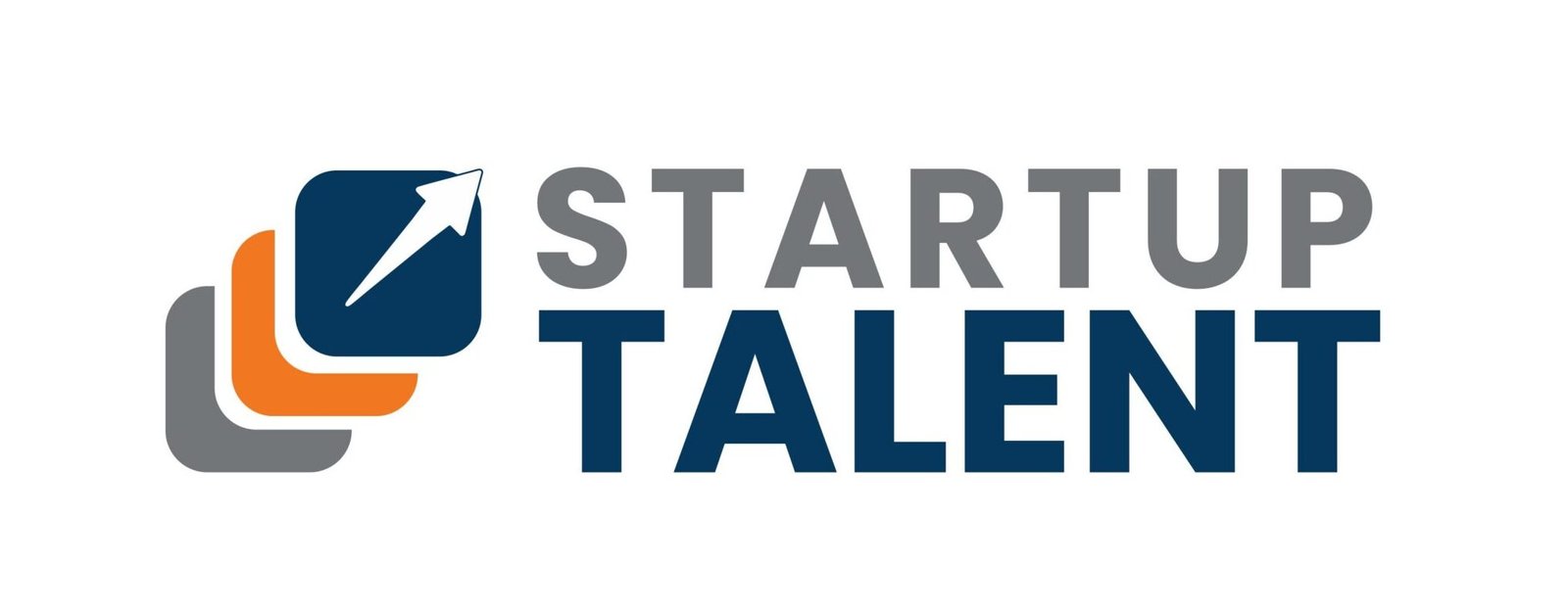Hiring the right people is one of the most decisive factors in startup success. Yet for most founders, Startup Business Hiring is tough, especially when you’re competing with tech giants and well-funded companies that can offer sky-high salaries and luxurious perks.
But here’s the good news: money isn’t everything. Top talent often prioritizes mission impact, and culture just as much (or even more) as compensation.
Your challenge? Telling that story, building credibility for it, and creating valuable incentives even with a startup budget.
In this guide, we’ll discuss tried and true strategies for attracting top candidates, even when cash is tight.
Why Hiring Top Talent is Important – Even at the Start
Early employees at any startup will play a disproportionately large role in the company. They don’t merely get work done—they set your culture, determine how things get done, and often do several jobs at once.
One mistake can suck up resources, break morale, or throw off your product plan. In contrast, bringing on high-quality early team members can:
Raise confidence in investors.
Lower founder burnout.
Accelerate time to market.
Easier subsequent hiring via referrals.
Spend time and imagination on startup business recruitment, whether you have a lot of money or not.
1. Master Your Employer Branding—Even Without Ample Ad Budgets
Employer branding isn’t reserved for giant corporations with huge marketing departments. For any new venture, this is even more critical because you must convince people why it is worth risking their career on you.
Build Your Employer Value Proposition (EVP): Show what makes a career at your start-up especially rewarding – Is it a mission? Career advancement and development? A close-knit team? An opportunity to make an impact?
Be honest about what you can and cannot offer.
Promote your Culture Online:
Share your story authentically on your careers page through your website.
Load the site up with photographs, team stories, and testimonials.
Add videos of the founders explaining the mission and vision.
Utilize Social Media (for Free!):
Post behind-the-scenes stories on LinkedIn, Instagram, or Twitter.
Celebrate team victories.
Publish thought leadership in your industry.
Employer branding doesn’t cost an arm and a leg—it just must be authentic and consistent.
2. Provide Equity Incentives That Matter
Another reason people are attracted to startups is to own the upside. Even if you can’t match high pay, equity can be what makes your offer attractive.
Clarify Your Equity Plan Transparently: Use simple terms to demonstrate what percentage of the company they own. Walk through vesting schedules and possible exit situations.
Make it Meaningful: Don’t give small “symbolic” equity that won’t incentivize. Consider roles that warrant bigger grants, particularly founding engineers or major hires.
Spotlight Your Growth Plan: The value of equity depends on the company’s growth. Describe your goals and milestones so candidates can understand the potential upside.
Equity aligns founders and employees better than many other incentives. When implemented properly, it is a powerful lever for hiring when you only have a few dollars to spend at a startup.
3. Share an Engaging Narrative About Your Culture
Skip the ping-pong tables. The best part about working at a startup is meaningful work, great relationships, and the opportunity to help create the company’s DNA.
Clearly Define Your Values: Steer clear of empty buzzwords such as “innovative” or “disruptive.” Pick 3–5 values that impact decisions and actions on your team.
Great candidates value honesty. If your work is high-stakes or has no clear outcomes, own it.
Let your examples illustrate work-life balance or flexibility, if applicable.
4. Lead with your mission and impact
A strong mission sometimes outweighs a large salary, especially for mission-driven people.
Define your mission explicitly
Why is your startup here?
What problems are you solving in the world?
How are you improving customers’ lives?
What is your company’s impact?
Provide Evidence of Impact: Show early customer stories, testimonials, or metrics.
Mention any press, awards, or partnerships.
Let employees influence the mission: Let them understand that early employees can have a true impact. Encourage their ideas and feedback.
To most candidates, the opportunity to work on something with purpose—and influence it—trumps the best benefits you can provide.
5. Focus on Candidate Experience (Even When You’re Small)
Many startups overlook this, thinking “We’re too small to worry about it.” But the candidate’s experience is your first impression.
Be Responsive: Don’t ghost people. Try to provide clear timelines and progress updates.
Streamline Your Process: Don’t put people through 7 uncoordinated interviews. Respect their time.
Be Human: Even rejection emails can be kind and professional. You want to create goodwill with people who might refer someone to you or return it to you later.
This earns your reputation, even with people you don’t hire.
Conclusion
Recruiting great talent on a startup budget isn’t about spending more than the competition. It’s about thinking smarter than them.
When you invest in honest employer branding, authentic equity, transparent culture storytelling, and a compelling mission, you build an offer that resonates beyond paycheck figures.
Ultimately, the greatest startup business recruitment practices center on connection, purpose, and mutual upside. That’s how you construct not only a team, but a movement.

Anshuman Sinha is the Co-Founder & CEO of Startup Talent, where he helps startups build high-performing teams that scale with speed and intent. A seasoned entrepreneur, angel investor, and ecosystem builder, he brings deep experience across talent strategy, founder advisory, and early-stage growth. Anshuman is also associated with platforms like Startup Steroid and works closely with founders and investors globally, focusing on execution-driven hiring, strong culture, and long-term value creation.






